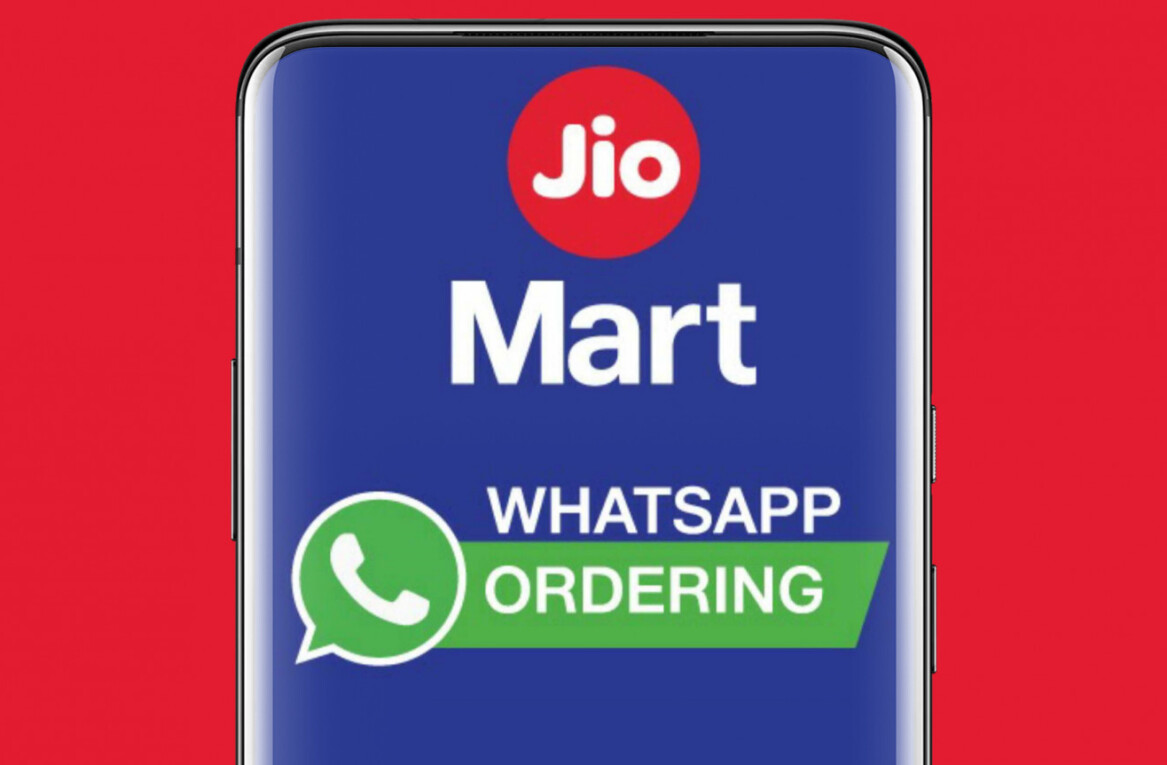
Despite Instagram’s lack of an office in China, the company has seen steady adoption in the world’s most populous nation. However, with the pieces falling into place for Facebook’s acquisition, Instagram could be in danger of being blocked in the country.
Facebook is nearly finished with the regulatory hurdles required for its purchase of the photo-sharing service, which was initially valued at $1 billion in April when the deal was announced, but has slid to around $700 million as Facebook’s stock has declined. The UK’s competition watchdog and the US Federal Trade Commission are both allowing the deal to go through, and a California Department of Corporations hearing that took place this week was one of the final steps.
However, considering that Facebook has been inaccessible in China for several years, mainland Instagram users (full disclosure: I’m one of them) have voiced concern that the service will be disrupted after Facebook takes over the reins.
While Instagram’s post-acquisition status in China could remain unchanged, Facebook isn’t known for having the best relationship with the Chinese government. It takes a special finesse for a large foreign social network to dodge the ban hammer in China, and Mark Zuckerberg’s company doesn’t have the best track record.
It’s unlikely, but if Facebook required a login to its main service in order to use Instagram, it would choke off local adoption since the average Chinese user doesn’t have (or have access to) a Facebook account.
Facebook declined to comment on its plans for Instagram in China.
Instagram’s early success in China was independent of any major marketing efforts in the country. Last fall, founder Kevin Systrom revealed that the company was seeing over 100,000 downloads per week in China. Assuming that interest hasn’t tapered off, Instagram should have a user base in the millions here. If anything, download numbers are likely to have gone up, as Instagram has been available on Android since April, and the operating system leads in China by a wide margin.
The addition of Sina Weibo support back in March should also have helped spur adoption in China. With over 350 million users, Sina’s microblogging service offers huge potential for Instagram. One report found that 100,000 photos had been shared to Weibo from Instagram by more than 50,000 Sina Weibo users within months of the tie-in.
At the time of writing, more than 120,000 photos have been posted to Instagram with the #Beijing hashtag. Beijing also has an active IGers Beijing group that has collectively posted over 12,000 photos. The #Shanghai tag had 125,000, while the broader #China tag had over 440,000 photos.
In comparison, the entire Instagram service, which launched in October 2010, has over 80 million registered users and has seen more than 4 billion photos uploaded.
Though skeptics will have few tears to shed over the potential blocking of Instagram in China, the service has actually become one of the most powerful social media tools from within the country. It is one of the few applications that supports posting to both the domestic Sina Weibo and overseas services like Twitter and Facebook. Circumvention of the so-called Great Firewall is required to authorize a Twitter or Facebook account, but, once linked, Instagram can post through to those services without the need of a VPN.
The growing number of social services that we have to keep track of means that apps like Instagram that support cross-posting significantly improve the user experience and let us get back to enjoying real life. Frankly, it’s one of the reasons that Twitter’s recent tightening of its restrictions has been so aggravating – users are the ones who lose out if social networks decide to silo.
With Instagram, I can hit eight other services (Facebook, Twitter, Tumblr, Flickr, Foursquare, Sina Weibo, Burpple and Foodspotting) at once, if I so choose. I can’t think of another app that would let me do all that from within China. If you can, I’d love to hear about it. In the meantime, I’ll be keeping my fingers crossed that the Facebook-Instagram deal doesn’t ruin a good thing.
Image via Instagram / beijingdou
Get the TNW newsletter
Get the most important tech news in your inbox each week.





